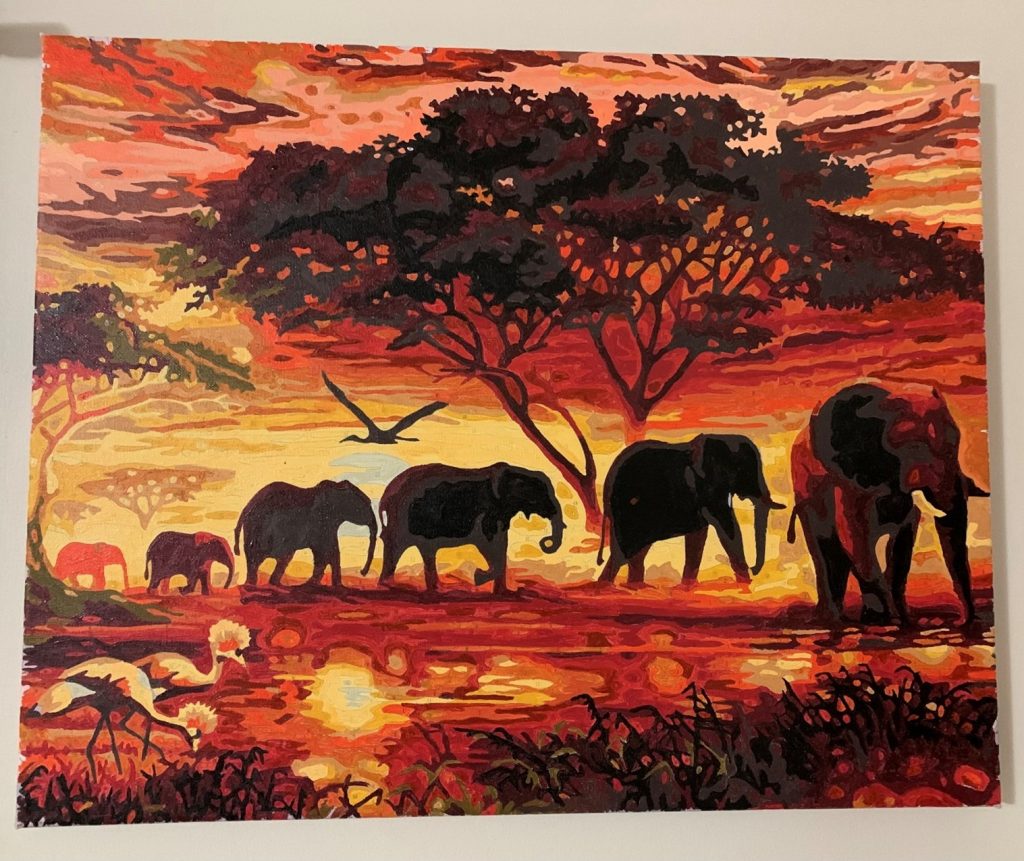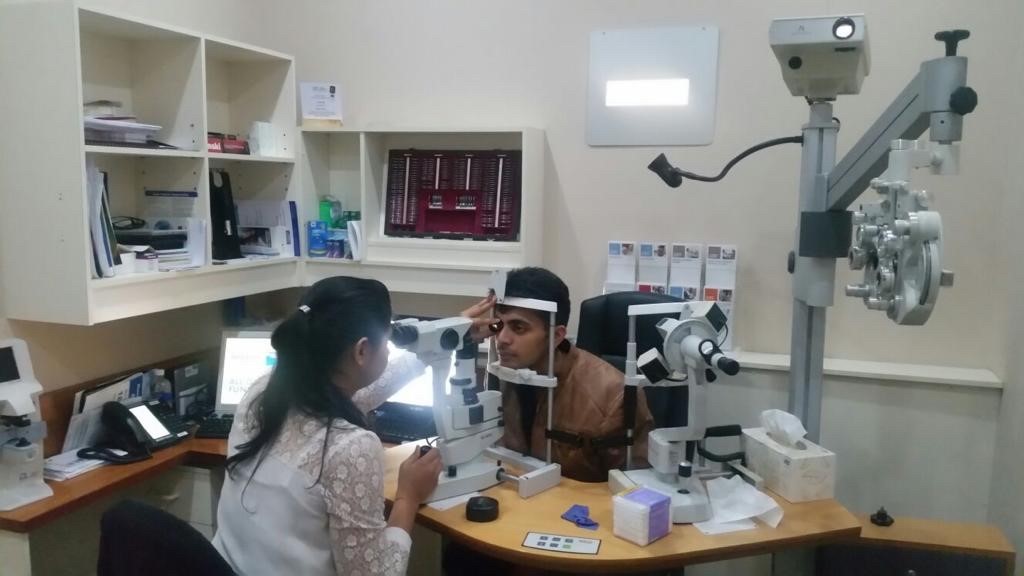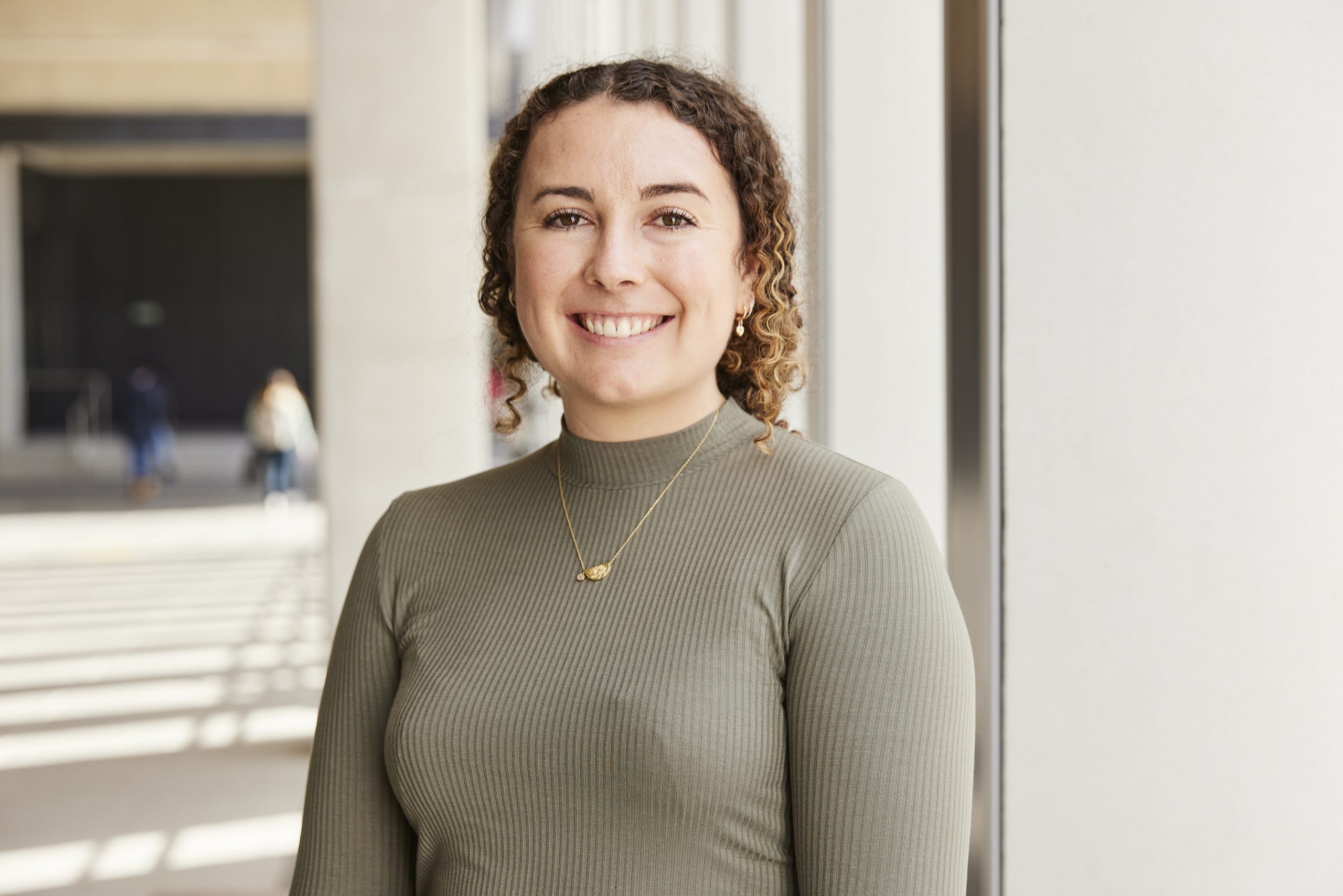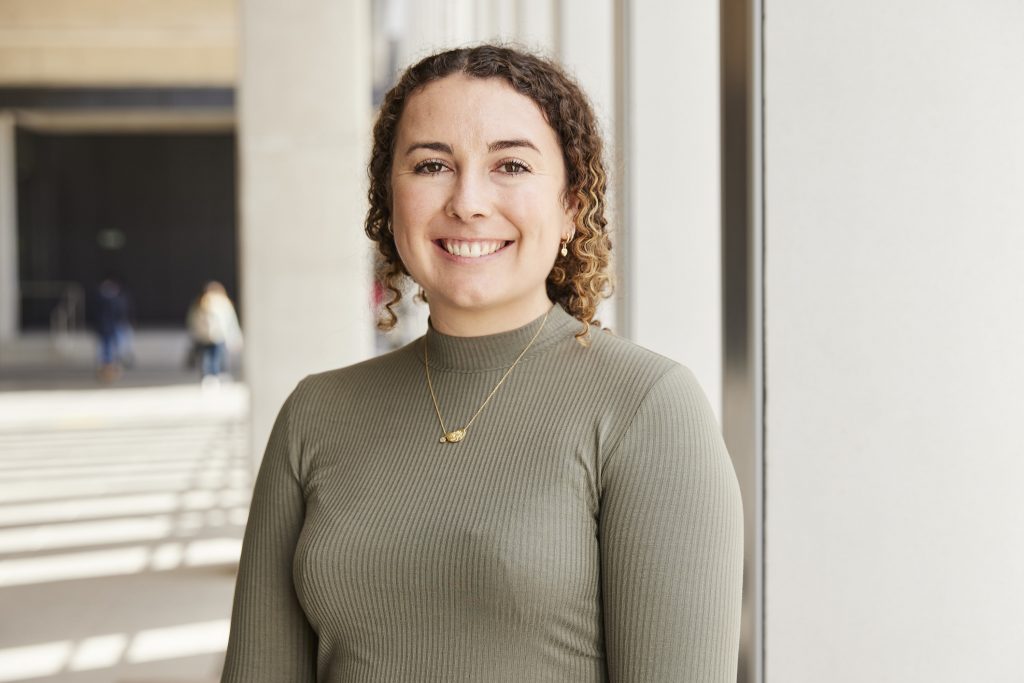By Octavia Soegyono
Sukanya (Suki) Jaiswal is pursuing a PhD in Optometry at University of New South Wales (UNSW). She completed her Bachelor of Optometry/Bachelor of Science in 2013 and has worked as a clinical optometrist since in both Sydney and Canberra. She completed her Masters of Optometry in 2020 from UNSW. Her desire to improve patient care and understand the environmental threats to eye health motivated her to pursue her PhD. She is one of our amazing UNSW Women in Science and Maths Champions from the 2021 cohort.
Why did she pick optometry?
Suki believes that vision is the most important sense out of the five senses. As such, she wants to ensure that people maintain good vision for all their life and adopt healthy practices to ensure this. She is especially passionate about helping children overcome their vision problems. One of the factors that continues to motivate her in optometry is that here work makes a significant impact in the lives of her patients, hence she feels it is a rewarding career.
Patient success stories that make her proud
While Suki loves her research, remembering the patients she’s helped – the stories of patients where she has felt she has made a difference – is the icing on the cake for clinical care. She recounted a story from her first few weeks of clinical practice, as a newly graduated optometrist. Her patient, a non-verbal four-year old boy, came in with poor vision that she was able to improve with glasses she prescribed. At the follow-up appointment some weeks later, he was a chatterbox and the consult ran over time because he kept talking! His parents were in tears at this remarkable improvement. This was the moment she realised how important and rewarding her role was in making a difference in the lives of her patients.
Why does she think optometry is exciting?
The field of optometry is constantly evolving, there are new and emerging technologies both in the clinical and research spheres. There is so much to the eye, and these new technologies have enabled understandings and examination at a cellular level in the eye. It has become possible to view the retina and blood vessels using a non-invasive camera. The innovations in technology have huge potential to change the lives of people who have eye disorders. She believes that the technology involved in routine eye examinations currently enable earlier diagnoses of diseases and interventions thus preventing irreversible vision loss. For the future, she hopes that in her lifetime, there will be progress on the ‘bionic eye’ which would transform the lives of individuals with genetic eye diseases. It is clear that research in optometry has many important implications for advancing patient care.

Her current research
She is currently researching the relationship between bushfire smoke and eye problems with a focus on individuals who endured smoke exposure during the Australian bushfire season (Black Summer). She is interested in understanding how eye infections and eye irritations are caused by bushfire smoke, what optometrists are doing to manage such issues in their patients, and can these methods be improved. A key question she hopes to answer with her research is ‘What happens with repeated exposure to bushfire smoke?’ Fire fighters have chronic and long-term exposure to bushfire smoke so her research aims to understand the impact of smoke on their eye health and the mechanisms that underlie these problems (e.g. inflammation, immune cell activity).
What makes her research unique?
Global warming and climate change undoubtedly influence bushfire occurrence and severity in Australia and around the world. Understanding the impact of climate change on public health, including eye care, is imperative. She believes that we need to anticipate the impact of bushfires on eye health to prepare eye care professionals to manage eye problems caused by smoke exposure. Unfortunately, this area has not been explored well in research thus far, hence there is a lot of work still left to do.
A typical day in the life of an optometry PhD
Suki began by identifying that no two days are the same (she notes this to be one of the most enjoyable aspects of research). Most days, the first thing she does is look over her emails and plans out the most important tasks for the day based on deadlines. There may also be meetings, talking to supervisors, cooking, or generally just getting out and about. Importantly she makes sure to take breaks every 1-2 hours from digital screens, as she recognises this important habit is necessary for good vision and eye health!
Interests outside of the lab
At present, Suki has been enjoying completing her Painting-by-Numbers project. She describes it like therapy – it uses all of your concentration, you can relax, and can spend 15 minutes on it or 4 hours on it, depending on the mood. Unlike research which is neverending, she finds satisfaction in being able to complete sections of her painting. It has been a slow and methodical project but she loves it!

Words of wisdom for young women interested in STEM
Suki says ‘You have to be passionate, the underlying topic has to interest you, intrigue you – you have to want to know more about it’. She advises that if there are many things that you want to know – find something that can combine your interests together and formulate a research career based on those interests. Researching at a PhD-level is broad, you can really get into the basics of something. At the same time, it is hard work. Research in STEM is not for everyone and it is not everything either. If it is your field, you will know it; and you will not feel like you are working – you will feel like you are solving a problem.
That said, Suki says ‘If you are unsure about what you are passionate about, give yourself time, start somewhere, try to make decisions based on what you are passionate about and you might be wrong, so be open to change. You can find passion – you are not necessarily born with it’.

Follow Suki on twitter to keep up-to-date on all the amazing science and outreach she does!




